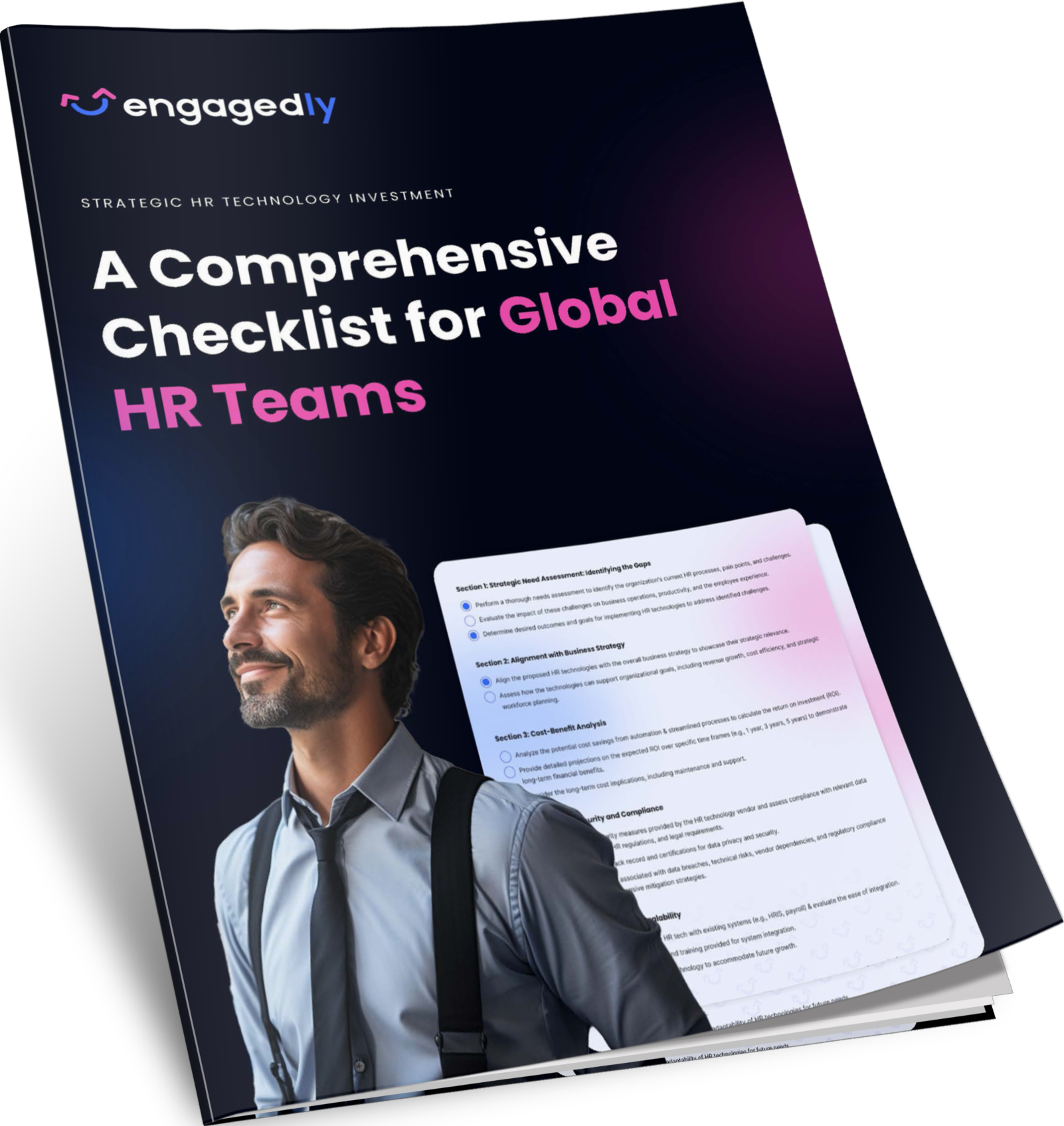Have you been wondering why your 360 degree feedback process has not been reaping the kind of results you want it to? We have been researching on it too. And guess what we found! Accountability makes a BIG difference. We all know it by now that while 360 feedback does provide a wider picture of employee competence, it cannot replace performance appraisal. But they can definitely go hand in hand, and this collaboration can provide new insights into learning and development.
So what is this accountability aspect that we are talking about? It’s the necessity for each stakeholder involved in the process of 360 feedback to hold up their side of the responsibility.
According to an article published by Cambridge Core, they mention three main needs to establish accountability:
- Ratee accountability to use results
- Rater accountability for accuracy and usefulness
- Organizational accountability for providing the resources that support behavioral change
You see, without each of these stakeholders taking up their roles seriously and playing out the part required, a 360 feedback process cannot fetch you the right results. Let us look into each point a little more closely.
Also read: Tips To Improve Productivity As A Remote Worker
Ratees accountability:
Receiving feedback is not always a nice experience, as its not always positive. But if we are not going to be open about it, we will not know where we lack and what we can improve in ourselves. As a result, we will become stagnant and less valuable to any organization. The main purpose of 360 degree feedback is development – both individual and organizational.
Knowing this scenario, all ratees should receive a training session so that they know how to receive feedback and inculcate them in their work life. If ratees are not going to take action on the results, there is no use of conducting such a process, and it will not yield any long or short-term growth. Ratees should be made privy to how they will benefit from utilising results in a healthy and productive manner.
Raters accountability:
The accountability factor does not just lie with the ratees only. Since time immemorial, we are aware of how raters’ perceptions and ratings are greatly affected by the work environment, work life politics, leniency, fear of repercussions, and other such factors. Most rating systems still suffer from the same political and psychometric forces.
For this very same reason, raters need to go through training sessions as well. They will automatically feel more accountable if they are aware that their inputs are greatly valued by the ratees as well as the company. As mentioned by Cambridge Core,
the raters should be made aware that,
“Feedback is an investment” – an investment whose quality will affect the rater because he/she will continue to work with the ratee, and the development of the ratee will benefit the rater, the team, and the organization. In that way, the investor can expect a return on his/her investment.
Also read: What Is Social Performance Management?
Organizational accountability:
Organizations, of course, have a much bigger role to play here. Starting from training each segment of stakeholders on their roles and responsibilities, investing in the software and setting up a seamless 360 degree feedback process, critical all-round communication and staffing, to keeping a track of how well the process is being utilised and is reaping results, organizational accountability plays the major role here.
So if you were thinking, just setting up a 360 degree feedback process is good enough, we have given you enough reasons to think it through again. For the feedback process to get you the right kind of results, these above mentioned factors cannot be overlooked. If you have thoughts to share on the same lines, feel free to comment below.
Engagedly is offering a suite of products part of its Remote Work Toolkit free to any organisation, until Sept 30th, 2020.
The Coronavirus has affected the way we work today and for months to come. Unprecedented events require unprecedented measures. We at Engagedly believe it is our responsibility as socially conscious corporate citizens to help equip organisations with additional tools and resources during this time of crisis.
Do you want to know how Engagedly can help you with your performance management strategy? Then request for a live demo
Request A Demo
Kylee Stone
Kylee Stone supports the professional services team as a CX intern and psychology SME. She leverages her innate creativity with extensive background in psychology to support client experience and organizational functions. Kylee is completing her master’s degree in Industrial-Organizational psychology at the University of Missouri Science and Technology emphasizing in Applied workplace psychology and Statistical Methods.





